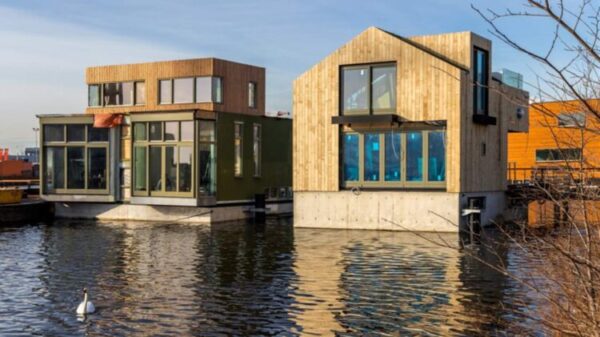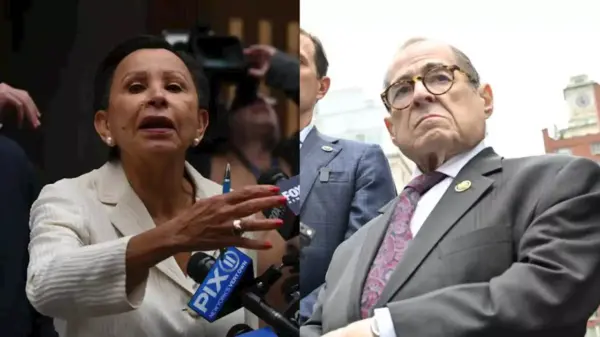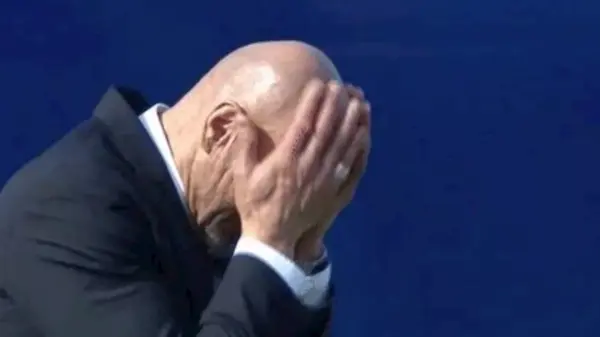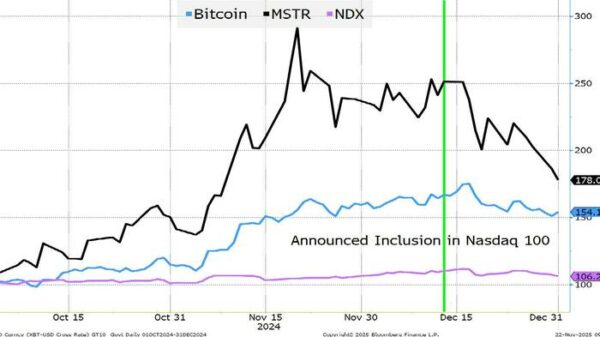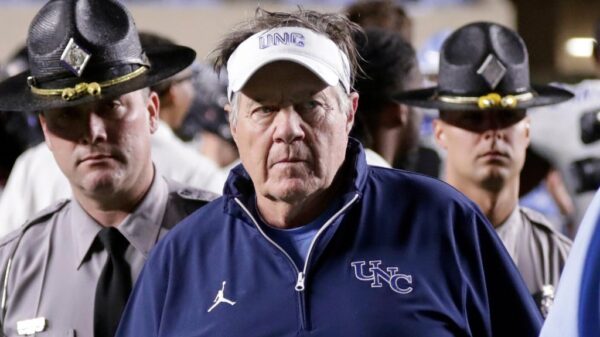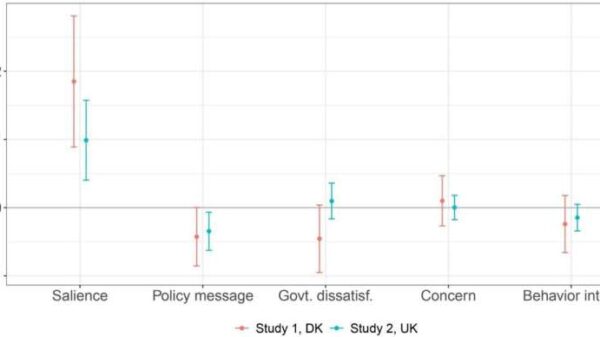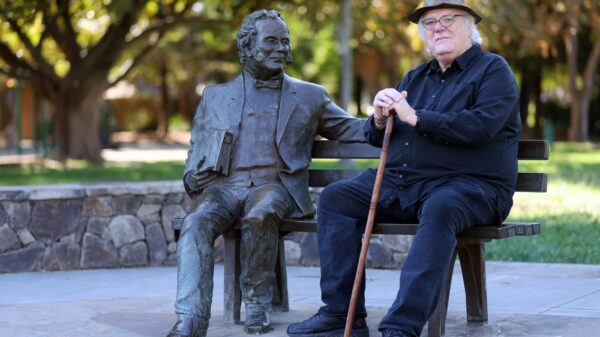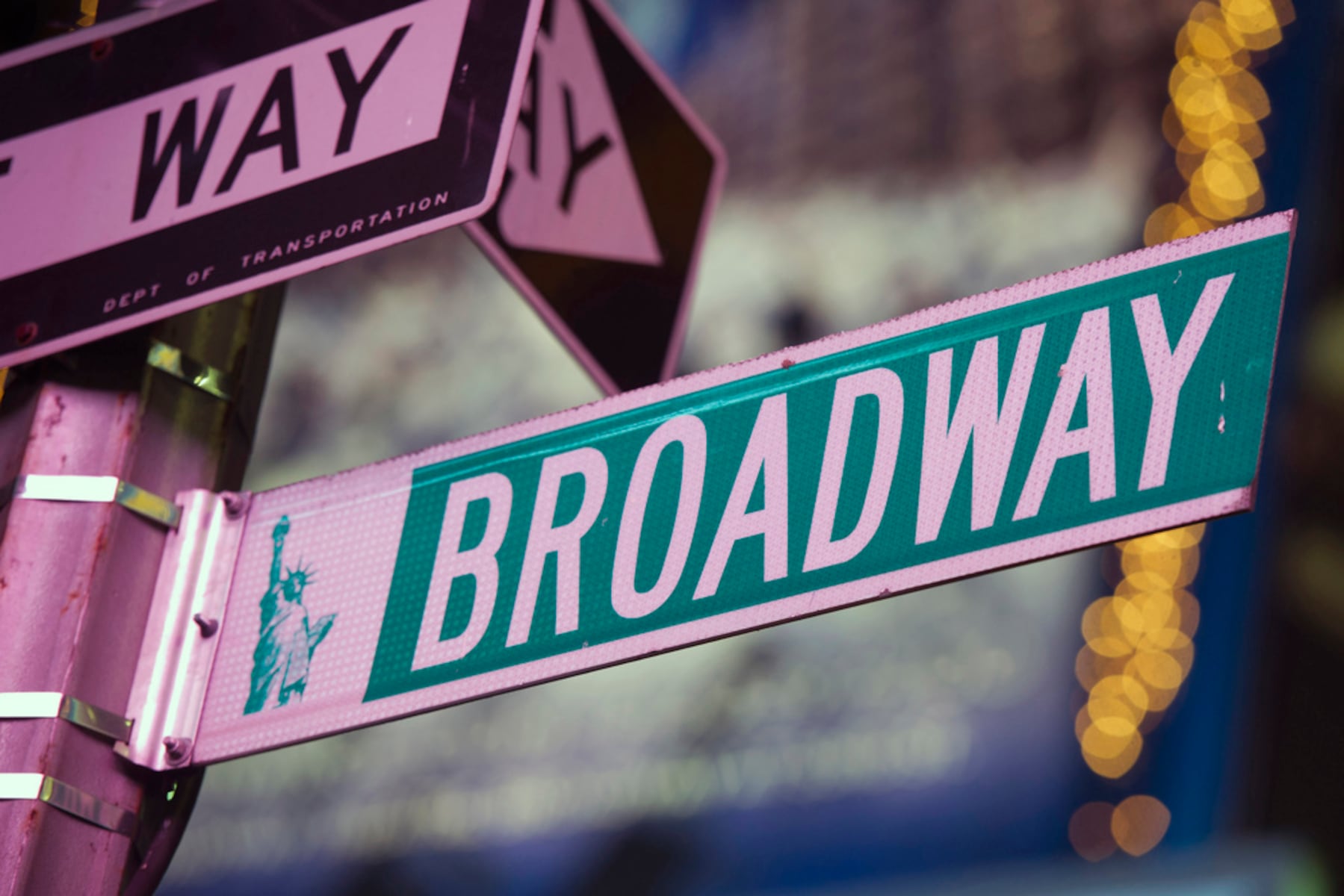The Actors’ Equity Association has reached a tentative three-year agreement with The Broadway League, marking a significant development in ongoing negotiations within New York City’s vibrant theatre scene. This agreement, which will soon be presented to union members for ratification, addresses essential topics such as health care, scheduling, and access to physical therapy. The discussions concluded following an overnight negotiation session, according to the Gothamist.
While the specific terms of the new production contract have not been disclosed, union leaders express optimism about the outcomes. This deal comes at a crucial time as Broadway experiences a record-breaking 2024-25 season, which generated an impressive $1.89 billion and attracted 14.7 million attendees.
Ongoing Negotiations for Musicians
Simultaneously, negotiations for Broadway musicians, represented by the American Federation of Musicians Local 802, continue. Union representatives have authorized a potential strike if an agreement is not reached soon. The musicians are navigating their own contract discussions, which are critical for maintaining the quality and vibrancy of Broadway productions.
As the theatre community anticipates the outcome of these negotiations, the successful resolution of the Actors’ Equity agreement highlights the importance of collaboration in the industry. The deal aims to fortify working conditions and ensure that performers can focus on delivering exceptional experiences to audiences.
Broadway’s remarkable financial performance this season underscores the significance of these negotiations. With both actors and musicians pushing for better contracts, the industry is at a pivotal moment, reflecting broader trends in labor negotiations across various sectors.
The outcome of the negotiations will not only impact the livelihoods of those within the theatre community but will also play a crucial role in shaping the future of New York City’s cultural landscape. As the process unfolds, stakeholders remain hopeful for a resolution that balances the needs of performers and musicians while continuing to attract audiences to the stage.










